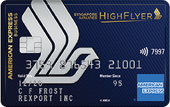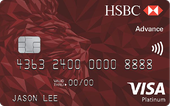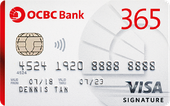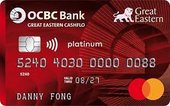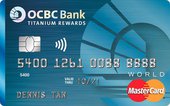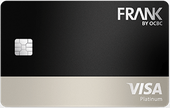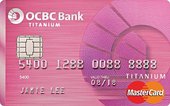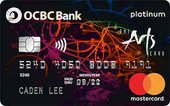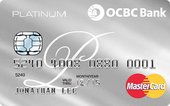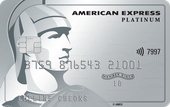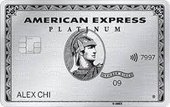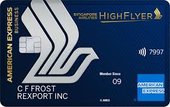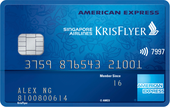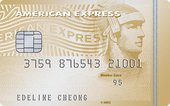Not sure how credit cards work or if you should get one? Read on for more details on what they are, how they work, what types of card exist, and tips to get the most out of them.
What is a credit card and how do they work?
Physically, a credit card is a piece of plastic about the same size as a business card, embossed with the cardholder’s name and containing an embedded security chip and a magnetic stripe, either of which may be used to verify electronically that the card is valid, identify the cardholder’s account details and complete payment for a purchase.
Financially , a credit card is issued to a customer by a financial institution. This gives the customer access to a revolving line of credit which he or she can use to make payments for goods and services, up to an agreed credit limit. The customer is not usually required to pay for the goods and services until a specified payment due date each month, which is usually a set number of days after the end of the monthly billing cycle. In most cases no interest will be charged on the amount of these purchases, unless the customer fails to pay off the total purchases balance on the due date. In the event of this failure to clear the balance, any remaining amount will attract interest charges at a rate very much in excess of normal bank lending rates.
Credit cards vs charge cards
Although charge cards are similar to credit cards in some ways – especially in giving an agreed number of days each month during which no repayment of the purchases balance is required and no interest is charged – a charge card is not a revolving line of credit.
A charge card account has no option to leave a part of the balance unpaid at the end of the month, and have interest charged on the balance. A charge card's balance must be cleared in full and on time every month, and failure to do so could incur large penalty fees.
The trade-off for the lack of a revolving line of credit is that there is no fixed credit limit, a situation which delivers greater spending flexibility. However, 'no credit limit' does not mean 'unlimited credit'. The card issuer will have a figure in mind, based on your income and an assessment of your ability to repay the balance, and a sudden increase in major purchases beyond your means could result in the charge card issuer putting a temporary hold on your credit.
Charge cards also typically have more extensive complimentary benefits than most credit cards, accompanied as a result by higher annual fees.
American Express are the most prominent issuer of charge cards in Singapore.
Credit card vs. debit cards
You use a debit card to make purchases with your own money. The amount of your purchase is deducted from the balance in the bank account linked to your card, and if you don’t have enough money in the account the transaction will be declined.
You use a credit card to make a purchase with money you are borrowing from the card issuer, as part of an agreed line of credit. When the monthly payment due date arrives, you either make a payment into your credit card account to clear the total balance, thus avoiding interest charges, or leave part of the balance in the account and incur high interest charges.
Credit cards vs. prepaid cards
A prepaid card is similar in some ways to a debit card, in that you are spending your own money – not a bank's money – when making purchases.
However, unlike a debit card, a prepaid card is not linked to a bank account. Instead, you load cash onto the prepaid card in advance to create a positive balance, and the balance reduces as you use the card to make purchases.
You cannot spend more than the amount pre-loaded onto the card, but it may be possible to keep topping up the balance by loading more cash onto the same card.
Common credit card features
Credit cards often have other features, besides being a convenient means of payment with access to a revolving line of credit.
The credit card market is very competitive, and in order to make their cards attractive to a wide variety of consumers, banks tend to offer a range of cards. The range may start with a basic card with no extra features and a low or even no annual fee. Further up the range, cards with more features will have a higher annual fee.
A card's features may include some or all of:
- Air miles or other rewards points, including KrisFlyer miles, earned on purchases
- Discounts on petrol, groceries, or overseas travel
- Cash rebates (cashback) on all purchases, and possibly higher rebates on specific purchase categories (e.g. dining + leisure, online shopping, or local spend)
- Complimentary airport lounge access
- Welcome bonuses — typically cash, merchandise, or points — for signing-up or after hitting a spending target
- No annual fee, often waived for reaching a target spending amount each year
- Foreign transaction fee waiver, saving money when shopping abroad or online from international stores
- Complimentary travel insurance
- Hotel, golfing and other leisure, travel or entertainment privileges
- Complimentary airport limousine service
- Complimentary hotel nights
- A concierge or lifestyle butler service
- Accounting software integrations with credit cards for businesses
Credit card alternatives
Since everyone's financial situation is unique, what alternatives are available will depend on what you want to do.
- If you just want to have access to funds for a rainy day, then a line of credit is worth considering.
- If you want to fund a large one-off purchase and you don't care about earning points or cashback, then a personal loan is an option.
- And if you would like to pay off your credit cards, then you should consider a debt consolidation plan to get your finances under control.
- Consider a buy now pay later service if you don't trust yourself to repay the balance in a set period of time.
- However, if you really do get cashback rebates and air miles on everyday spending, then there really isn't an alternative to using a credit card.
